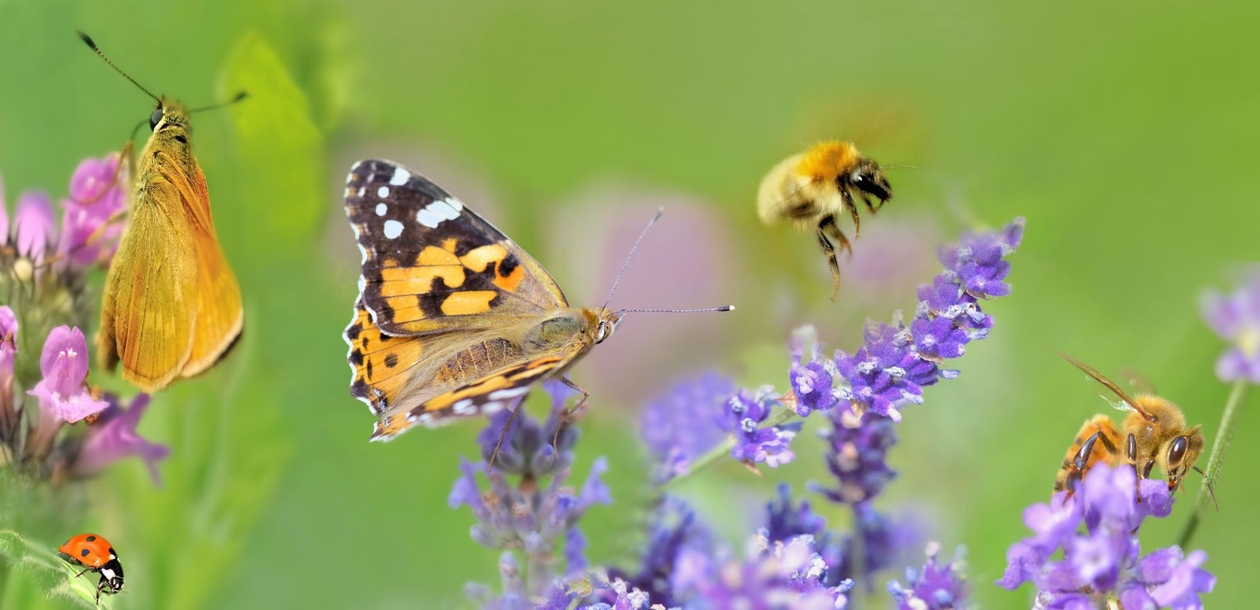The Green Recovery and the biodiversity crisis
A guest blog authored for Low Carbon by Prof Piran White (University of York) & Dr Alona Armstrong (Lancaster University)
When we think about the Green Recovery, we tend to think about new jobs in the green industries of the future and net zero economic growth. But our focus on green growth and the climate crisis must not be at the expense of the ongoing biodiversity crisis. The UN has estimated that current rates of species extinction are now so high that food resources, pollination, clean water and other vital ecosystem services are being jeopardised as ecosystems become increasingly degraded. A low carbon future must go hand in hand with a more biodiversity-friendly one.
Renewable energy provides many potential opportunities to enhance biodiversity, but these are often missed due to a shortage of readily-accessible information. The Solar Park Impacts on Ecosystem Services (SPIES) tool, which is the result of collaborative research between Lancaster University, University of York, the solar industry, the farming community, and nature conservation bodies, is an easy-to-use online resource that can inform management actions on and around solar parks. Bringing together scientific evidence from almost 500 scientific papers, the tool provides users with a scientific basis for comparing the biodiversity and ecosystem service impacts of alternative management decisions on solar parks.
Use of SPIES can provide benefits to the solar industry, farmers and land managers, local authorities and national government. It is hoped that this free to use tool will promote best practice and ensure learnings and experiences can be shared across industry and stakeholders. Most importantly, it can help improve the state of our biodiversity, putting renewable energy at the heart of nature-based solutions for a greener future.
You can find out more about SPIES, including a 4-minute animation, narrated slide set, screen capture explainer, policy brief and underpinning journal paper at the SPIES project website: www.lancaster.ac.uk/spies.
SPIES is a collaboration between Dr. Alona Armstrong at Lancaster University and Prof Piran White at the University of York, funded by the Natural Environment Research Council (NE/N016955/1 & NE/R009449/1). The web-based version of the SPIES tool was developed by Simomics Ltd.

